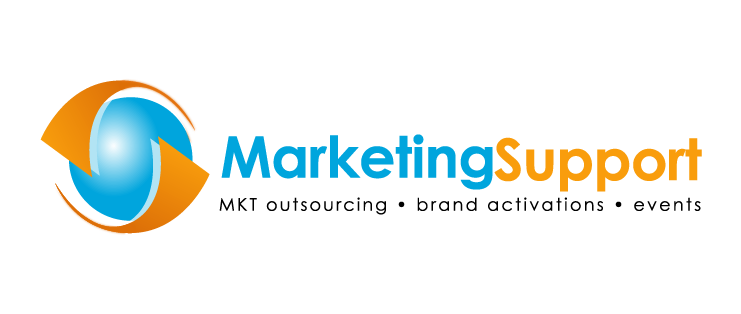Those legislation aren’t starting squat to guard all of us from electronic promotion and adtech field, relating to an innovative new document through the Norwegian buyers Council (NCC)
What potential carry out statutes sit against policing what the NCC talks of as a shadowy system of providers, “virtually unknown to consumers,” with which preferred programs tend to be sharing exquisitely personal behavior/interest/activities/habits data, including all of our religious preference, menstruation period, place information, sexual orientation, political opinions, drug use, birthday celebration, the initial IDs associated with the smart phones, and more?
The present condition was “completely out of hand, hurting people, communities, and enterprises,” the NCC writes, as research consistently attach against exactly what it calls “the industrial surveillance systems” in the middle of web marketing.
There’s little restraining the from bombarding you with continual, largely inescapable confidentiality invasion, the fee says:
The large number of violations of fundamental liberties were occurring at a consistent level of huge amounts of instances per next, all-in the name of profiling and concentrating on marketing and advertising. It is time for a critical discussion about whether or not the surveillance-driven advertising programs with absorbed the web, and which are financial drivers of misinformation on line, is a reasonable trade-off for any risk of revealing a little extra appropriate adverts.
The comprehensive digital surveillance happening throughout the advertising technology field may lead to injury to both people, to have confidence in the electronic economy, also to democratic organizations.
Spinning out of control
The purpose of the in-depth document – titled “Out of Control” – were to reveal how large elements of the big electronic promotional/adtech industry works. To take action, the NCC collaborated because of the cybersecurity business Mnemonic, which examined information visitors from ten  popular Android software (that are furthermore all on iPhones) which they decided since apps were likely to have access to very personal data.
popular Android software (that are furthermore all on iPhones) which they decided since apps were likely to have access to very personal data.
There are huge labels into the plumped for harvest of applications. Given the apps’ popularity, NCC states this regards the findings is representative of extensive practices when you look at the adtech industry. The programs:
- Grindr (dating)
- OkCupid (relationship)
- Tinder (dating)
- Hint (duration tracking)
- MyDays (years monitoring)
- Perfect365 (virtual cosmetics)
- My personal chatting Tom 2 (children’s games)
- Qibla Finder (app that displays Muslims where to deal with while hoping)
- Happn (relationships)
- Revolution Keyboard (keyboard motifs)
Many of the key conclusions concerning traffic coming from those software:
- Most of the tried programs express user facts with several businesses, and all of but one display information beyond these devices marketing ID, including a user’s ip and GPS place; individual qualities instance sex and years; and app tasks such as for instance GUI happenings. The report states that that ideas can frequently be regularly infer items like sexual direction or religious opinion.
- Grindr, a homosexual relationships software, stocks detail by detail individual facts with lots of third parties, like IP address, GPS place, age, and gender. Such posting try tucked away where we can’t view it: utilizing the MoPub monetization program (had by Twitter) as a mediator, the info posting are “highly opaque,” the report states, considering the fact that neither the third people nor the information carried include recognized beforehand. The detectives in addition learned that MoPub can dynamically enhance the info shared with other functions.
- Perfect365 in addition shares user information with “a large wide variety” of third parties, like advertising ID, internet protocol address, and GPS position. The document states that it’s as if the app had been developed “to accumulate and display just as much individual data that you can.”
- MyDays shares a user’s GPS venue with multiple functions, and OkCupid offers customers’ detail by detail individual issues and answers with Braze, a cellular advertisements automation and consumer “engagement” platform: this kind of system is part of the industry that creates profiles which get the “right information” on buyers at her “most receptive” second.
Cumulatively, the ten examined apps comprise noticed transferring individual facts to at the very least 135 different third parties taking part in marketing and/or behavioral profiling. The adtech market uses the content to track united states over the years and across systems, so that you can sew collectively thorough users about individual people. They normally use those pages and groups to target advertising and marketing, but the NCC points out that these users may also be used to discriminate, manipulate and take advantage of folk.
It goes really beyond mobile programs
The adtech industry expands across different mass media, including web pages, wise gadgets and cellular programs, although NCC thought we would pay attention to how the industry operates with regards to cellular software.
Beyond the apps themselves are the scores of tributaries that streams the info the programs gather and show. These represent the third parties that the document tracked with its evaluation of information flow from those ten software:

